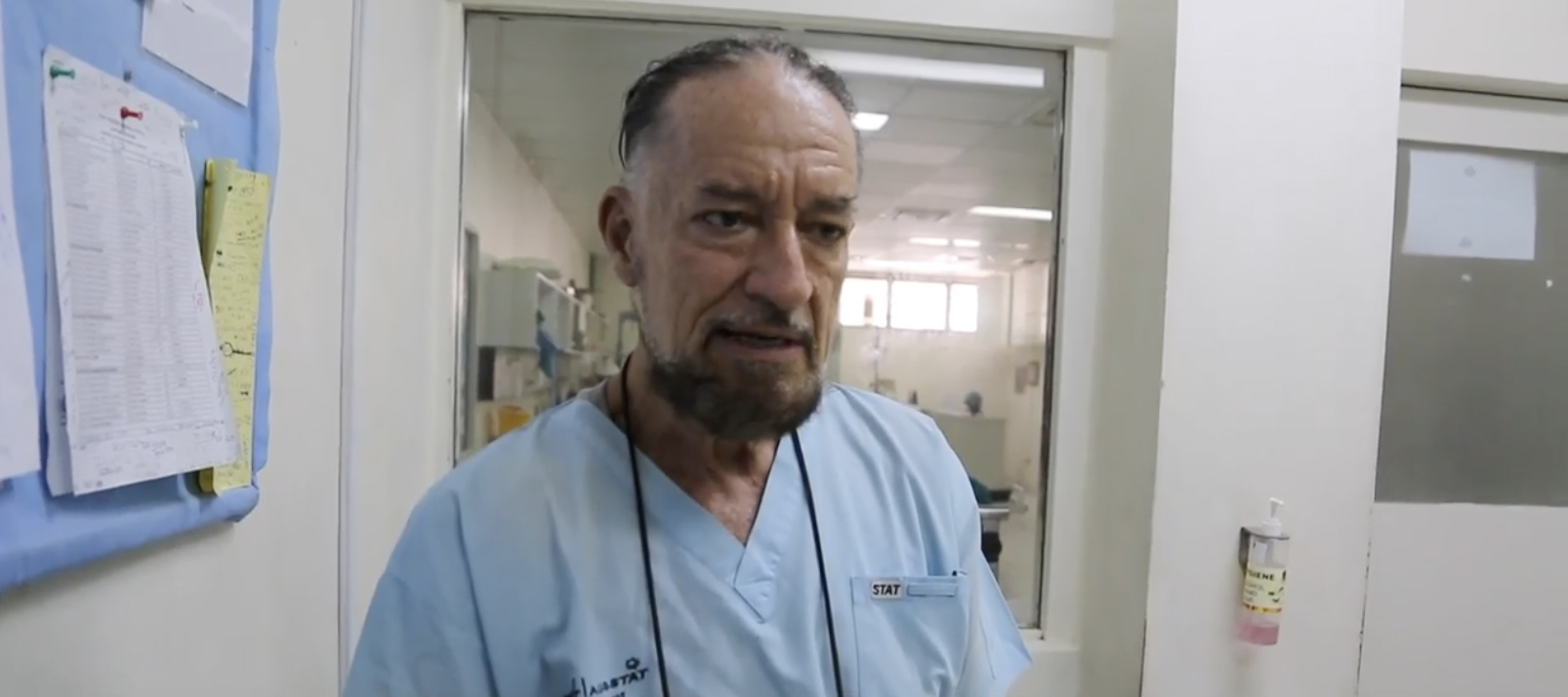More than 121,000 people have had a COVID-19 vaccination so far and a respected physician is urging everyone in Papua New Guinea, especially health workers, to protect themselves by being vaccinated and following Niupela Pasin guidelines.
Since the first vaccination was given to the Prime Minister, the Honourable James Marape on 30 Marcj 2021, more than 121,000 people have had at least one dose of the COVID-19 vaccine.
Glen Mola, Professor of Obstetrics, Gynaecology and Reproductive Health at the School of Medicine, Health Sciences and Port Moresby General Hospital, said health workers “have an ethical responsibility to our profession, to our countrymen, to keep working. But we want to protect ourselves as much as possible, which is what the vaccine is – protection. It protects you from getting sick and dying from it.”
In a powerful video encouraging health workers to be vaccinated, which has been watched nearly 90,000 times since it was posted on Facebook, Professor Mola also urged people to heed the Niupela Pasin campaign. This campaign promotes the ways people can keep themselves and others safe against the virus, including the Delta variant.
“We should all do our very best to slow transmission as much as possible. Wear a mask, keep a safe distance from others and wash your hands to slow the spread of this disease,” he said.

On 6 August 2021, 302,000 doses of the Johnson & Johnson vaccine arrived in the country. This batch is part of a total of 502,400 doses committed by the United States government through the COVAX Facility, which is co-led by the World Health Organization (WHO), Gavi, the Vaccine Alliance, and the Coalition for Epidemic Preparedness Innovations (CEPI). As the only single dose COVID-19 vaccine approved for use to date, the Johnson & Johnson vaccine is an important tool for accessing difficult-to-reach populations.
Papua New Guinea’s vaccination rollout is also supported by the governments of Australia, China, Japan and New Zealand.
As of mid-September, Papua New Guinea had reported more than 18,500 cases and 204 deaths from COVID-19. The highly transmissible Delta variant of the coronavirus disease has been detected in the country, making it even more important to ramp up vaccination.
Already, intense transmission of SARS-CoV2, the virus that causes COVID-19, has put enormous pressure on hospitals, intensive care units and health workers in the country, making it difficult for hospitals to maintain essential services and care for the rising number of COVID-19 patients.
Professor Mola encouraged Papua New Guinea to come together to beat COVID-19.
“Vaccines prevent illness. This vaccine has been produced in the best laboratories in the world. It has been tested on thousands of people and now it’s been used already in billions of people without bad effects. So, let’s get behind this vaccine.”
The Acting WHO Representative in Papua New Guinea Ms Anna Maalsen said, “The COVID-19 pandemic has reminded all of us of the heroic work that health workers do every single day. It has also unveiled the huge challenges and risks health workers are facing, including illness and even death.
“So, it is a top priority to vaccinate doctors, nurses and other health care workers from COVID-19, and then other priority groups. Too many people in Papua New Guinea are not yet vaccinated or have not yet received the full vaccination course. And so, they remain exposed to infection and may remain susceptible to severe illness and death.
“Protection is especially urgent because the Delta variant is now circulating in the community. This variant is at least two times more contagious that the original virus. We are facing a real threat of a third wave of cases, and with it, the prospect of thousands of deaths and hundreds of thousands of people becoming very sick.”
As in other countries, it will be many months before enough people are vaccinated to impact the spread of the virus. In the meantime, masks, handwashing, distancing and other measures remain crucial.
WHO and partners continue to collaborate with the Government of Papua New Guinea to protect people during the pandemic.




